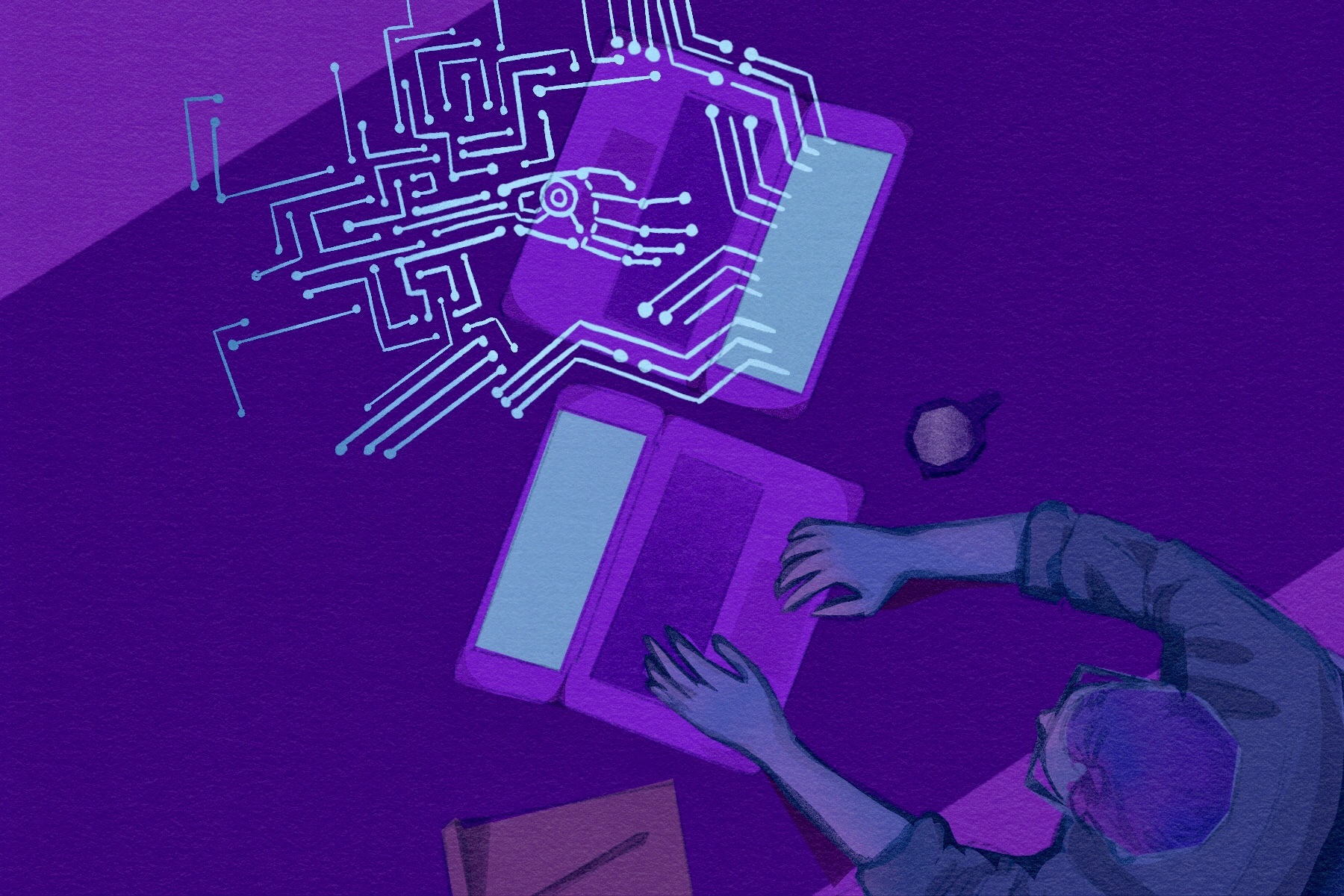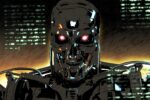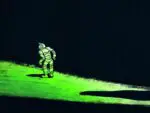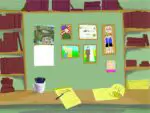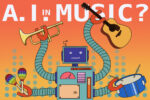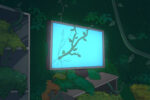Several weeks ago, news broke that various artificial intelligence programs had developed the capacity to create seemingly original pieces of art. Programs like Artbreeder, for example, take art they were trained to analyze and use this data to create something resembling their own piece of art. Many artists were immediately worried that their art would not only be stolen from them to train AI, but that the abilities of AI to generate art would replace their jobs entirely. It came as a second blow when, just weeks ago, ChatGPT hit the news feeds.
ChatGPT is an AI chatbot which has shown promising potential in generating written content of any variety. At first, it seemed as though people enjoyed messing with the software – many videos demonstrated users “training” the AI to incorrectly solve math problems, state incorrect facts or break its code altogether, making it temporarily go rogue. After the fun wore off, however, people began to worry. Just how much can this piece of software do, and who is it going to replace?
Recent Developments in AI
Within the last few months, AI has developed the ability to learn and carry out tasks at a shockingly fast rate. AI robots can speak to humans more fluidly than ever; some of these programs are so well-equipped and fluent in language that it’s almost impossible to tell they’re robots. AI has can use biometrics more efficiently, make decisions and analyze what humans like and dislike depending on the information it’s fed. Needless to say, many people are concerned about the influx of power that is being given to AI software.
Responses to ChatGPT
ChatGPT is effectively able to communicate and generate written content. It can handle writing anything from a conversation to a recipe to a textbook entry. ChatGPT’s versatility is exactly what people are worried about. Artists were struck just weeks ago by AI software gaining the ability to create visual media, and this comes as a blow to writers as well. Many freelance writers, independent fiction writers and other written content creators are worried that AI, and ChatGPT more specifically, are going to replace them. This is a justifiable concern. After all, non-creatives are already more than happy to underpay artists and writers for their work. With the development of AI that can produce full works of literature, it seems natural that the desire to pay writers will decrease even more.
Besides that, many creatives are wondering why people are trying to replace them with AI when the software has ample potential to supplement their work and make life easier. Since ChatGPT is particularly effective at learning to write based on examples, many people are left to question why grunt work isn’t passed along to AI services. Job listings, generic emails, and other facets of written content that are informational and don’t require nuance or a personal touch could easily be handed over to AI. This would leave humans more time to analyze, create and flourish artistically.
Overwhelmingly, the consensus seems to be that these AI are doing far too much, and none of it bodes well. The people who seem most excited about these developments aren’t artists or writers, but those eager to make their jobs irrelevant.
AI’s Potential Impact on the Creative Sphere
Something vital to know about AI is that it’s not creating anything novel or original all on its own. Most people don’t deny that AI deserves respect and fair treatment for being able to so intelligently interpret the human world. However, these AI programs aren’t creating anything of their own, which is exactly why it’s called AI “generated” content; this content is simply produced by the AI software based on other works. Recipes, artwork and articles are all fed into the software for analysis, allowing it to spit out an imitation that resembles something unique. There is undoubtedly something uniquely unsettling and striking about AI-generated art, but this is because it’s an imitation created without actual artistic knowledge.
It’s unlikely this will positively impact the creative sphere any time soon. Many creatives believe AI-generated content will slowly replace human-made work because it’s a cheaper alternative. Additionally, many consumers without technical creative knowledge consider AI content to be just as good. With AI, however, art will likely become incredibly stagnant or incomprehensible since it’s only fed on other art. When AI can only be fed other AI-generated work, how will humans be able to relate to their content?
Recent AI developments in the art and writing worlds have exemplified its massive potential, but that doesn’t mean that the humans controlling it are going to use this technology for good. The solutions for stopping AI’s theft of art and writing are slim to none: Artists can refrain from using the software or completely avoid posting art online, but those don’t seem like adequate solutions. The crux of solving AI’s unjust ability to strip humans of creative pursuits lies in society learning how to value the work of artists and writers. Creatives must be valued for their highly personal and skillful contributions to society before AI can receive the same treatment.


